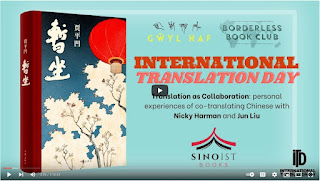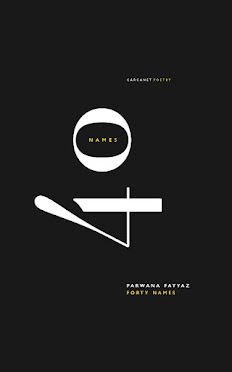Guest review by Crispin Rodrigues
October was a stellar month for debuts with both Laura Jane Lee’s flinch & air as well as Esther Vincent’s Red Earth published. Both these collections deal with social and cultural memory: what we inherit from those who came before, and how we bear witness to the present. In this, they speak of a new generation of poets who are grappling with their literary lineages, while looking ahead to the concerns of today.
***
In one of his lectures, James Joyce noted that ‘The Irishman, finding himself in another environment, outside Ireland, very often knows how to make his worth felt’. This could not be far from the truth when reading Laura Jane Lee’s flinch & air (Out-Spoken Press, 2021), which portrays women in exile through its political and familial narratives.
The first half of the collection focuses on the lineage of women in constructing the self, a narrative too often forgotten in family trees since the experience of relocation or displacement is usually presented as a masculine adventure narrative. Here, we see the weaving of poems from the perspective of multiple women related to Lee, and their stories, and the silences around them, have shaped Lee’s experiences as the central protagonist of the collection.







